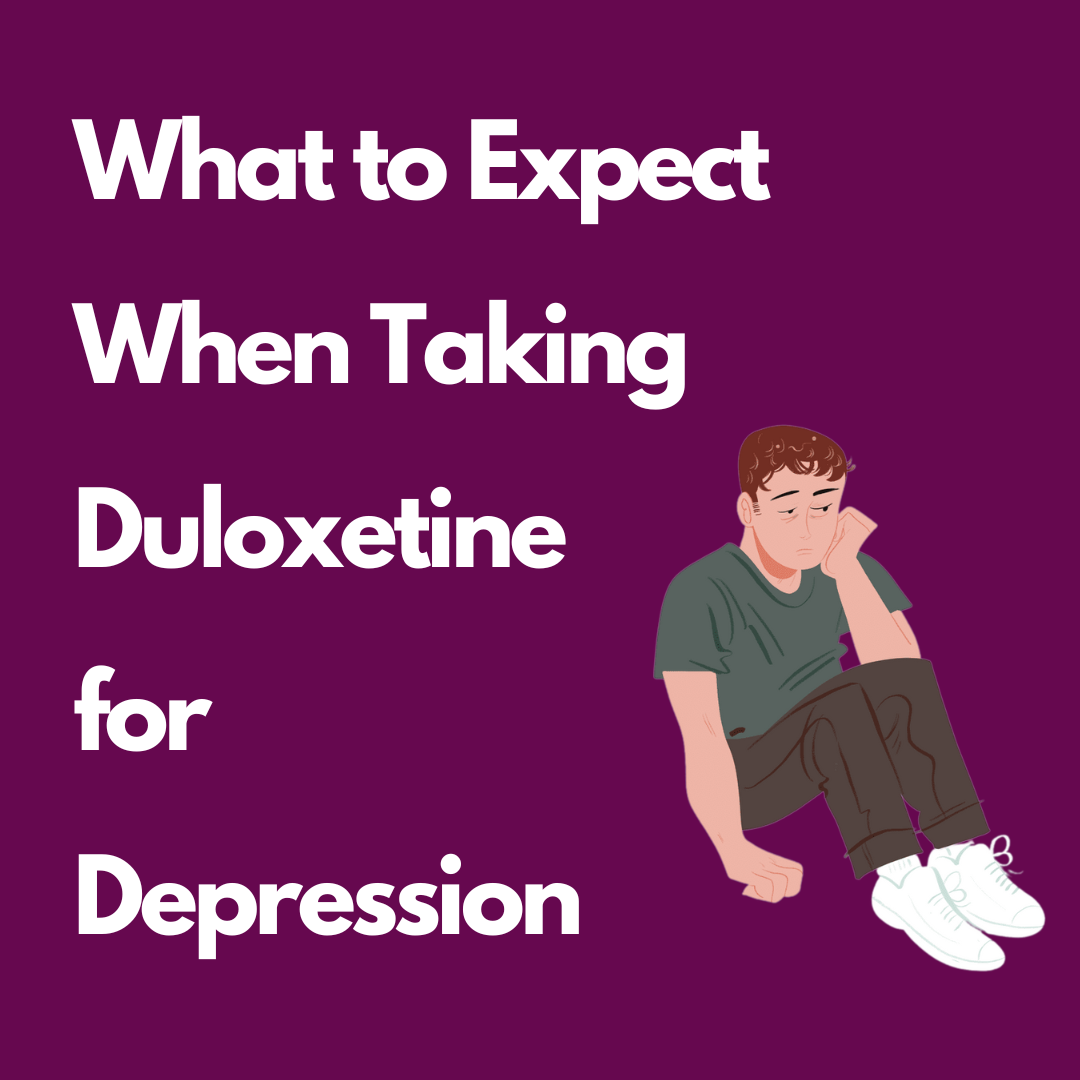Globally, millions of individuals suffer from depression, a complicated mental health illness. For those suffering from depression and anxiety disorders, the medicine duloxetine is often prescribed and provides hope and relief.
How Duloxetine Works
Duloxetine functions by raising serotonin and norepinephrine levels in the brain. It is categorized as a serotonin-norepinephrine reuptake inhibitor (SNRI). These neurotransmitters are essential for controlling emotions, mood, and pain perception. It helps correct the chemical imbalance in the brain by blocking their reuptake, which lessens anxiety and depressive symptoms.
Duloxetine affects both the serotonin and norepinephrine pathways, in contrast to selective serotonin reuptake inhibitors (SSRIs), which primarily target the serotonin pathway. This dual-action mechanism relieves more symptoms and might be especially helpful for people who have co-occurring chronic pain and depression.
Benefits
1. Effective Symptom Relief
According to clinical research, Cymbalta antidepressant is very helpful in lowering depressive symptoms such as ongoing melancholy, loss of interest or pleasure, guilt or worthlessness feelings, changes in appetite or weight, and irregularities in sleep or activity levels. With the medication, many patients notice a noticeable improvement in their general functioning and mood.
2. Anxiety Relief
It is approved to treat anxiety disorders such as generalized anxiety disorder (GAD) and other anxiety disorders in addition to depression. For those who are suffering from both depression and anxiety, it can help reduce symptoms like excessive worry, restlessness, irritability, muscle tension, and difficulty concentrating.
3. Pain Management
Additionally, it is recommended for the management of chronic pain disorders such as diabetic peripheral neuropathy and fibromyalgia. It is a useful treatment for neuropathic pain and musculoskeletal discomfort related to these conditions because of its capacity to modulate pain signals in the brain and spinal cord.
Potential Side Effects
- Nausea and vomiting: Among its most typical side effects are these gastrointestinal symptoms. Having food when taking the medication can help lessen nausea.
- Dry mouth: It may result in dry mouth, which can be relieved by drinking plenty of water and chewing gum or candies without added sugar.
- Fatigue and drowsiness: Certain individuals may feel fatigued or sleepy, particularly when beginning Duloxetine or changing the dosage. It's crucial to refrain from operating heavy machinery or driving if you feel overly sleepy.
- Insomnia or sleep disturbances: It can interfere with some people's sleep cycles, making it harder for them to fall or stay asleep. Improving the quality of your sleep may be possible by creating a regular sleep schedule and using relaxation techniques.
- Sexual dysfunction: Similar to other antidepressants, duloxetine may have an impact on sexual performance, resulting in erectile dysfunction, decreased libido, or trouble experiencing an orgasm. Speaking with your healthcare provider about any concerns you may have is crucial.
Considerations
It's crucial to go over the advantages and disadvantages of starting Duloxetine—or any other depression medication—with your doctor. To decide if this is the best course of action for you, they will consider your medical history, present symptoms, and any other medications you may be taking.
Precautions and Contraindications
Some medical conditions, such as uncontrolled narrow-angle glaucoma, severe liver disease, or recent use of monoamine oxidase inhibitors (MAOIs), may make duloxetine inappropriate for use. To prevent possible interactions or negative effects, you must disclose to your healthcare provider any pre-existing medical conditions or medications.
For those with chronic pain, anxiety disorders, or depression, duloxetine 60 mg is a beneficial treatment option. Many patients choose it because of its dual action mechanism, efficacy in relieving symptoms, and generally favorable side effect profile. To ensure safe and efficient use, you must, however, discuss the possible advantages and disadvantages with your healthcare provider and heed their advice.





Comments